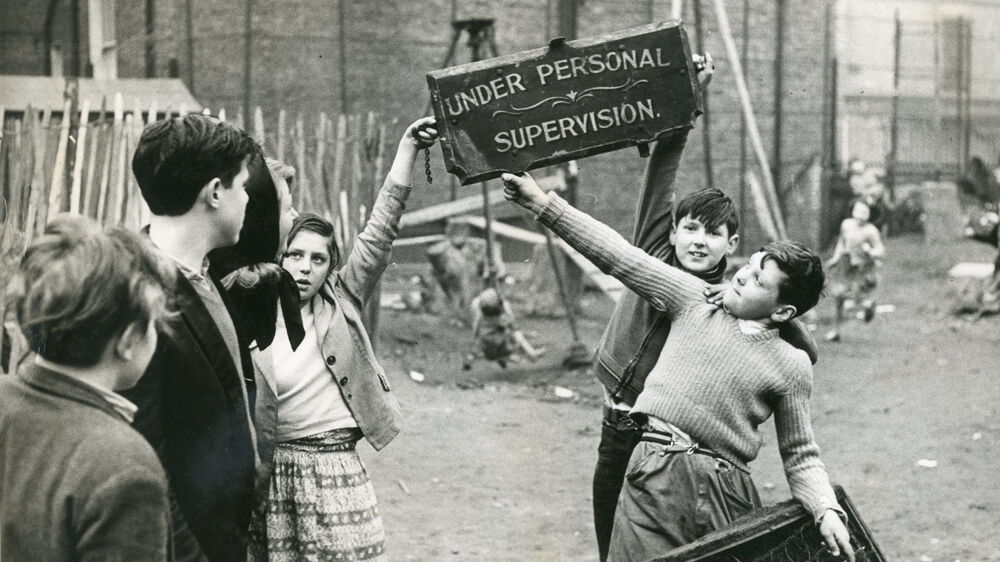About the lecture:
The history of the modern playground witnesses diverse and overlapping forces from the nineteenth century: a child saving movement to improve the conditions of the urban poor; a form of muscular Christianity to promote civil behaviour; a eugenic attempt to shape health and wellbeing in adults as well as children; and a desire to provide child-centred space away from the dangers of traffic, crime, and commercial culture.
In this talk I will concentrate on a range of playground experiments that took place in Britain and elsewhere after 1945, often in the wake of massive increases in child fatalities from road accidents. Adventure playgrounds and city farms took elements from the nineteenth-century playground movements and married them with progressive education, democratic politics, and a desire to reconnect the city with nature (in all its problematic senses). Informed by ‘environmental biology’ as well as by an emergent anarchism these play spaces offered a place for children to cultivate the earth, to tend animals, to build, and to create, in the name of social autonomy. These recent histories offer, I think, practical plans for the urgent issue of how we start to equip the young with the skills to face a climate catastrophe.
About the presenter: -copy.jpg)
Ben Highmore is Professor of Cultural Studies in the School of Media, Arts, and Humanities at the University of Sussex. His most recent book is Lifestyle revolution: How taste changed class in late twentieth century Britain (2023). Previous books include The art of brutalism: Rescuing hope from catastrophe in 1950s Britain (2017) and Cultural feelings: Mood, mediation, and cultural politics (2017). He is currently finishing a book on the recent history of playgrounds for Reaktion.
